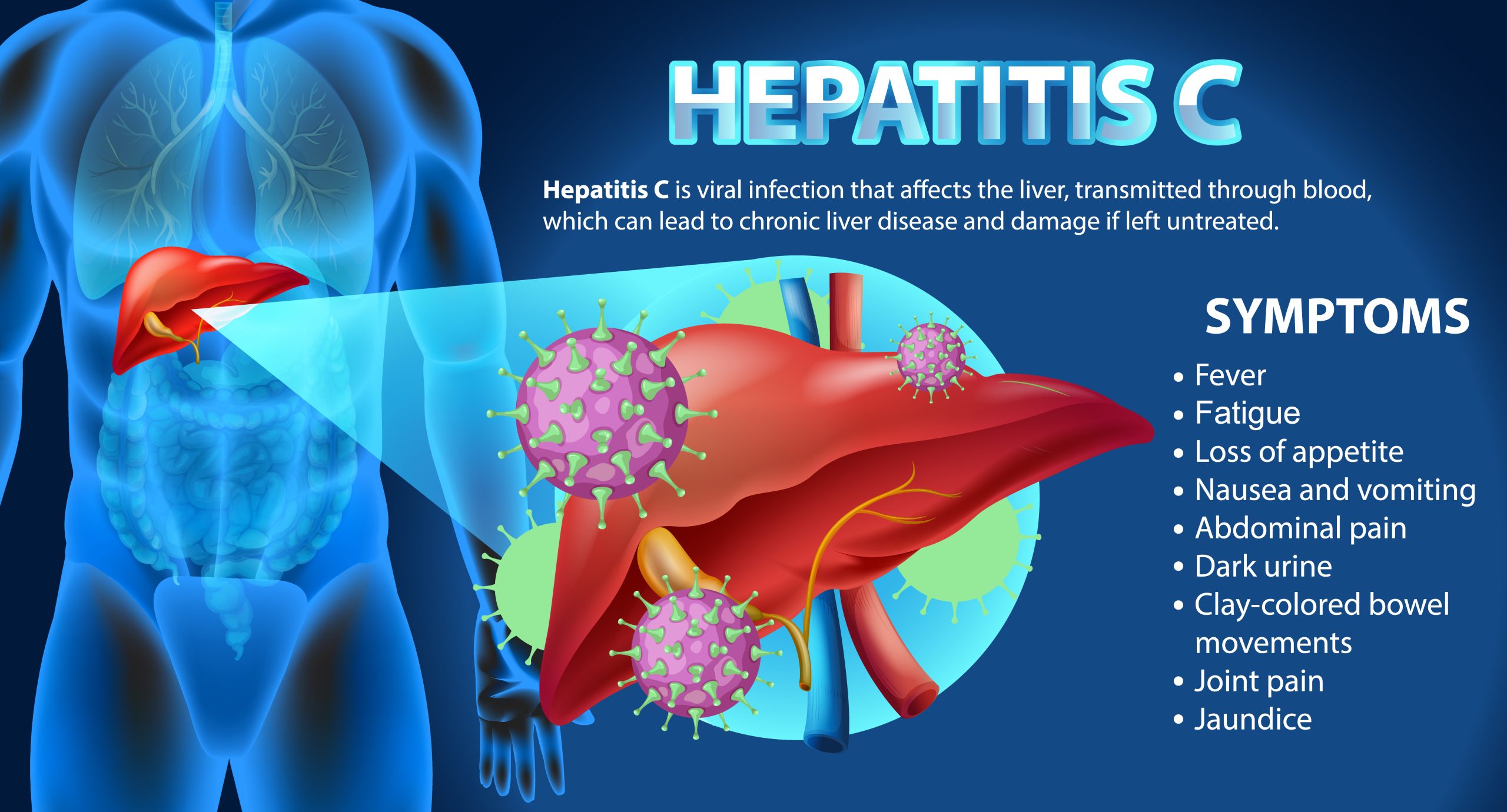Hepatitis is a disease that affects the liver and can have serious consequences if left untreated. There are five main types of hepatitis, each caused by a different virus. Knowing the different types and how to prevent them is crucial to protecting your health.
Hepatitis A
Hepatitis A is usually spread through contaminated food or water. It is most common in areas with poor sanitation or hygiene. Symptoms include fatigue, nausea, vomiting, abdominal pain, and yellowing of the skin and eyes (jaundice). Hepatitis A is preventable through vaccination and good hygiene practices such as hand washing.
Hepatitis B
Hepatitis B is primarily spread through blood-to-blood contact, such as sharing needles or having unprotected sex. It can also be passed from mother to child during birth. Symptoms may not appear for years, but can include fatigue, abdominal pain, and jaundice. Hepatitis B can be prevented through vaccination, practicing safe sex, and avoiding sharing needles or other equipment for injecting drugs.
Hepatitis C
Hepatitis C is also spread through blood-to-blood contact, and is often associated with injection drug use. Symptoms may not appear for years, but can include fatigue, abdominal pain, and jaundice. There is no vaccine for hepatitis C, but it can be treated with antiviral medications. To prevent hepatitis C, avoid sharing needles or other injection equipment, and practice safe sex.
Hepatitis D
Hepatitis D is a rare form of the disease that only occurs in people who are already infected with hepatitis B. It is primarily spread through blood-to-blood contact and can cause more severe liver damage than hepatitis B alone. There is no vaccine for hepatitis D, but it can be prevented by getting vaccinated against hepatitis B.
Hepatitis E
Hepatitis E is similar to hepatitis A in that it is usually spread through contaminated food or water. It is most common in developing countries with poor sanitation. Symptoms include fatigue, nausea, vomiting, and abdominal pain. There is no vaccine for hepatitis E, but it can be prevented by practicing good hygiene and avoiding contaminated food and water.
Preventing Hepatitis
The best way to prevent hepatitis is through vaccination, practicing good hygiene, and avoiding high-risk behaviors such as injection drug use and unprotected sex. It is also important to get tested regularly if you are at risk for hepatitis B or C, as early diagnosis and treatment can prevent long-term liver damage.
In conclusion, hepatitis is a serious disease that can have long-term health consequences if left untreated. Knowing the different types and how to prevent them is crucial to protecting your health. If you think you may have been exposed to hepatitis or are at risk for the disease, talk to your healthcare provider about getting vaccinated and tested.










